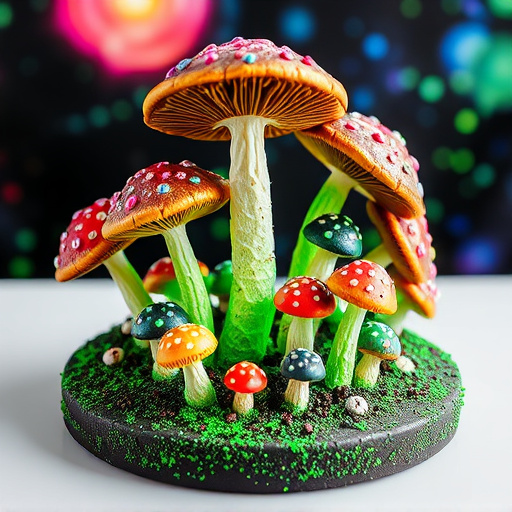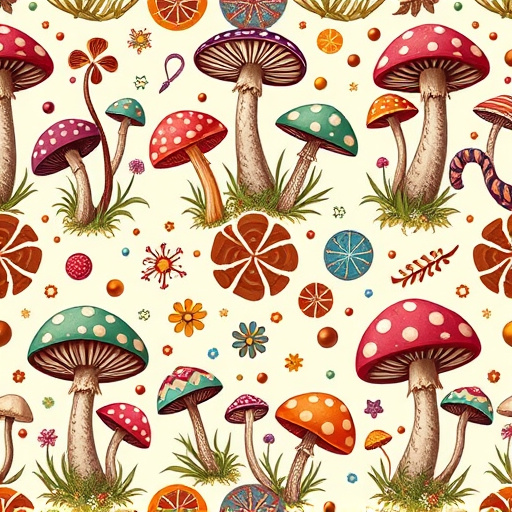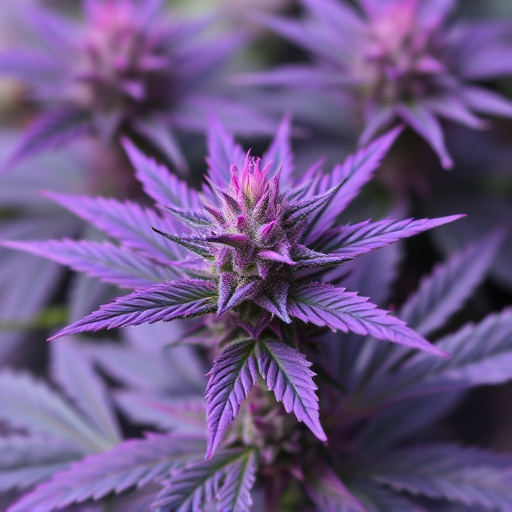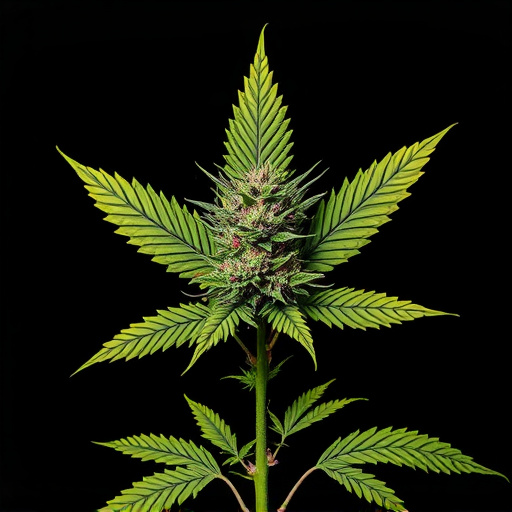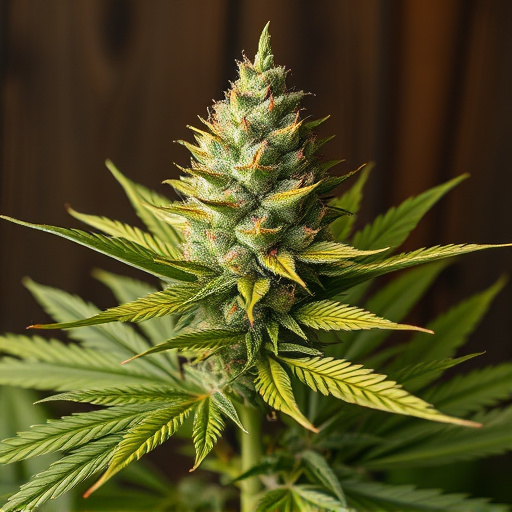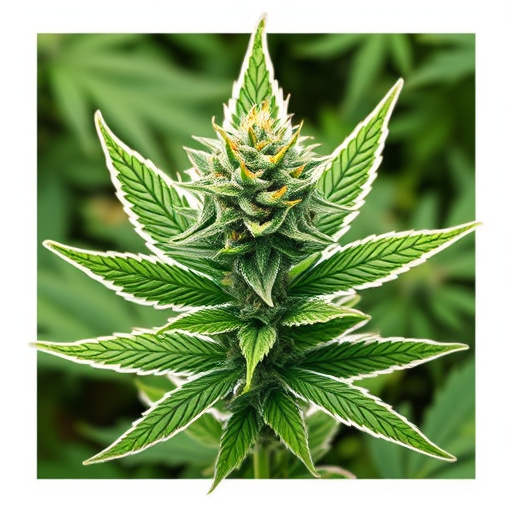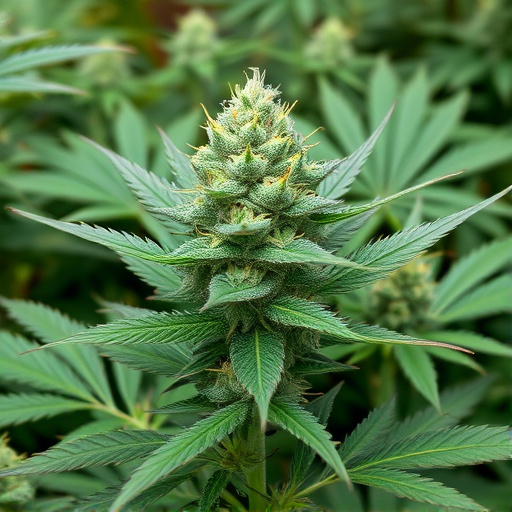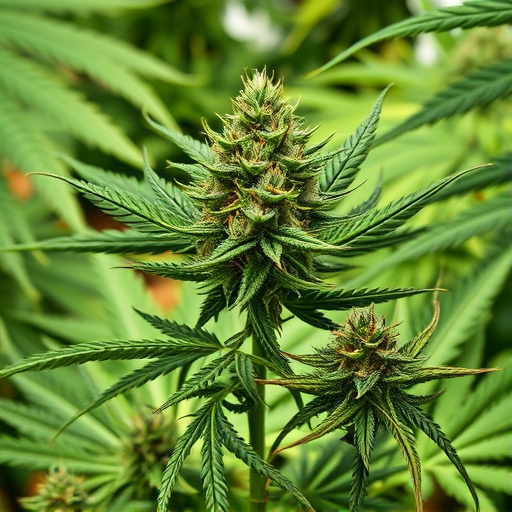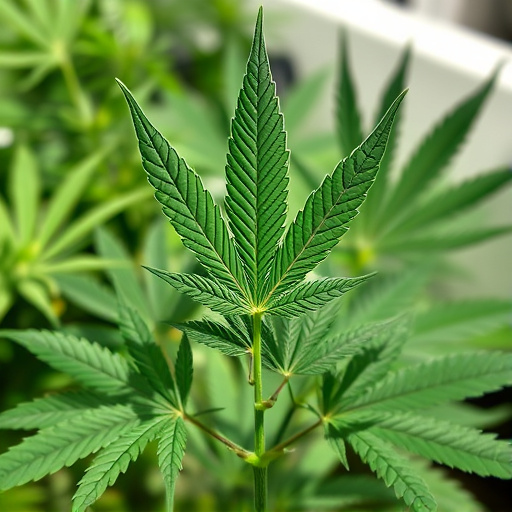The text discusses the potential therapeutic effects of Cannabis sativa flower on mental health, with specific original strains offering benefits for anxiety, depression, and eating disorders. Cannabis' chemical compounds, notably THC and CBD, interact with the body's endocannabinoid system to regulate mood, appetite, and pain. While CBD-rich strains promote relaxation, THC boosts mood and appetite. Personalized strain choice based on individual profiles is crucial due to varying responses. Early research suggests certain high-CBD, low-THC original strains may offer therapeutic benefits for mental health conditions by interacting with the endocannabinoid system. However, concerns about effectiveness, safety, cognitive impairment, and dependency require further study, while legal challenges hinder cannabis integration into mainstream treatments.
Can cannabis flower be a game-changer in mental health treatment? With growing interest in its therapeutic potential, understanding its effects on the mind is crucial. This article explores how the original strains of cannabis interact with our bodies’ endocannabinoid systems, delving into scientific research that highlights potential benefits for conditions like anxiety and depression. We’ll navigate the landscape, considering both promises and precautions as we discuss the role of cannabis in mental health care.
- Understanding Cannabis Flower and Its Effects on Mental Health
- Exploring the Science Behind Original Strains of Cannabis
- Potential Benefits and Considerations for Use in Mental Health Treatment
Understanding Cannabis Flower and Its Effects on Mental Health
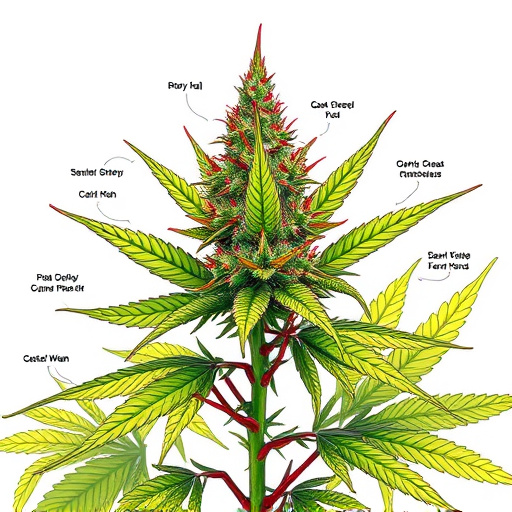
Cannabis flower, derived from the plant Cannabis sativa, has gained significant attention for its potential therapeutic effects on mental health. While it’s essential to note that research is still evolving, various studies suggest that specific original strains of cannabis may offer benefits in managing certain conditions. The plant contains numerous chemical compounds, including cannabinoids like THC and CBD, which interact with the body’s endocannabinoid system—a complex network involved in maintaining homeostasis and regulating mood, appetite, and pain perception.
The effects of cannabis flower on mental health are multifaceted. Some strains, rich in CBD, have shown promise in reducing anxiety and depression symptoms, as well as promoting relaxation and sleep. THC, on the other hand, can boost mood and stimulate appetite, which is beneficial for patients dealing with eating disorders or conditions like anorexia nervosa. However, it’s crucial to choose strains carefully, considering individual preferences and specific cannabinoid profiles tailored to personal needs, given that everyone responds differently to cannabis.
Exploring the Science Behind Original Strains of Cannabis
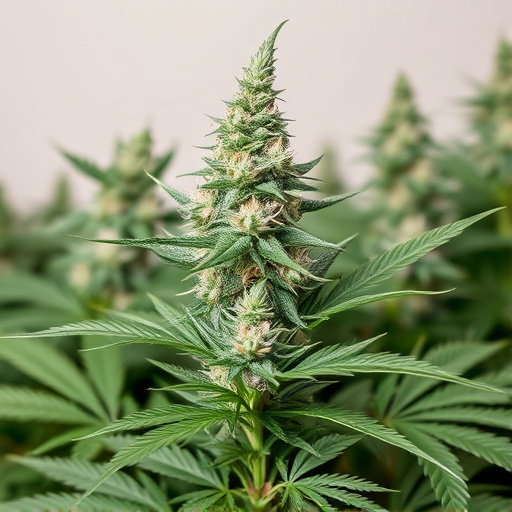
The science behind how original strains of cannabis interact with our bodies is complex and multifaceted. Researchers have discovered that the plant contains a diverse range of chemical compounds, most notably cannabinoids like THC and CBD. These cannabinoids bind to specific receptors in our brains and bodies, influencing various physiological processes, including mood, memory, and pain perception.
Early studies suggest that certain original strains of cannabis, particularly those with higher concentrations of CBD and lower levels of THC, may have therapeutic benefits for mental health conditions such as anxiety and depression. CBD is known to interact with the endocannabinoid system, which plays a crucial role in maintaining emotional balance and stress response. This interaction could potentially help regulate mood, reduce inflammation associated with mental health disorders, and promote overall well-being.
Potential Benefits and Considerations for Use in Mental Health Treatment
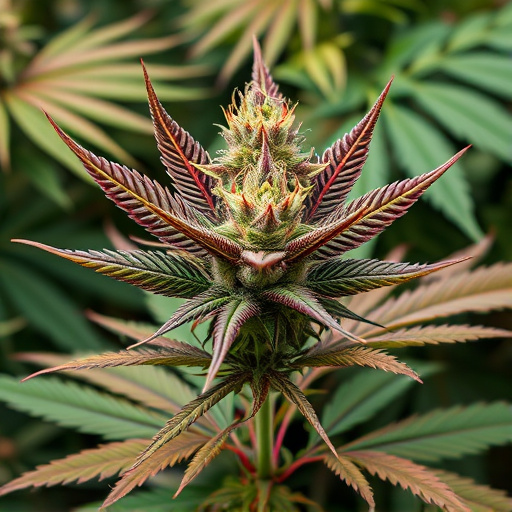
The potential benefits of using original strains of cannabis for mental health treatment have garnered significant interest in recent years. Research suggests that certain cannabinoids present in cannabis, such as THC and CBD, may possess anxiolytic (anxiety-reducing) and antidepressant properties. Some studies indicate that these compounds can help alleviate symptoms of post-traumatic stress disorder (PTSD), depression, and anxiety disorders, offering a promising alternative or adjunctive treatment option for those struggling with these conditions.
However, it’s crucial to consider the complexities surrounding cannabis use in mental health. The effectiveness and safety of cannabis as a therapeutic agent remain areas of ongoing debate due to mixed research findings and varying individual responses. Additionally, the potential risks, such as cognitive impairment and dependency, especially in young adults, necessitate further investigation. Navigating legal and regulatory challenges associated with cannabis research also poses hurdles to its integration into mainstream mental health treatments. Nonetheless, as the understanding of original strains of cannabis evolves, responsible exploration of its therapeutic applications is essential, guided by rigorous scientific studies.
While research into the potential benefits of cannabis flower for mental health is ongoing, exploring the science behind original strains offers promising insights. These natural compounds may hold therapeutic value, but further study is needed to fully understand their effects and optimal applications in treatment. As we navigate this evolving landscape, considering both potential benefits and considerations is crucial for making informed decisions regarding mental health care.
